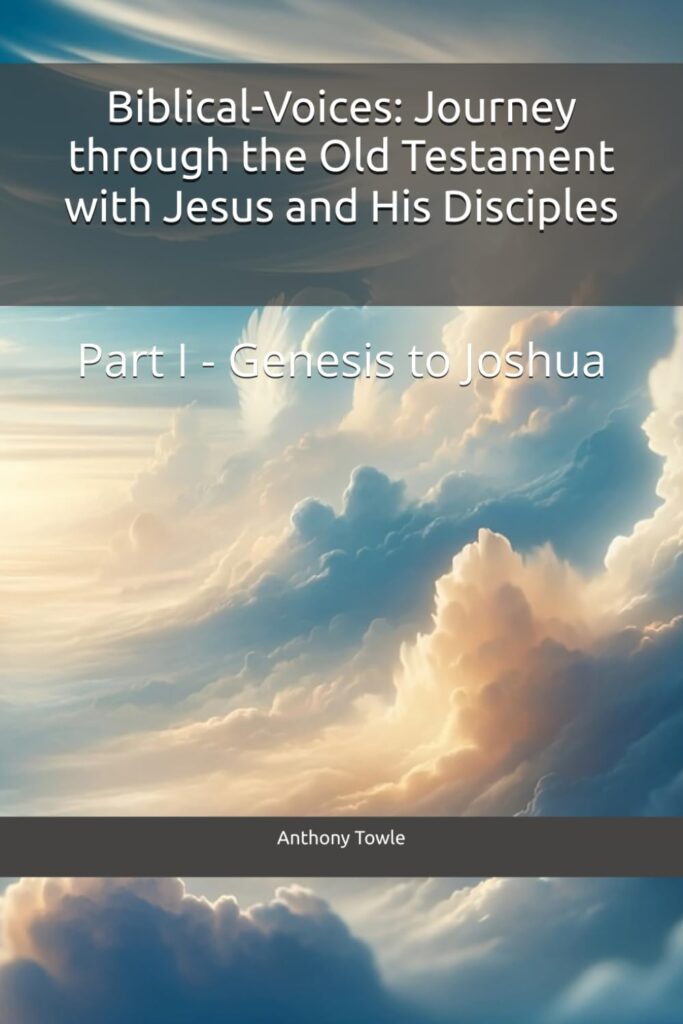Jesus: “The question of the death penalty touches on deep ethical, moral, and spiritual issues. It involves considerations of justice, the value of life, forgiveness, and redemption.”
Peter: “In the law of Moses, the death penalty was prescribed for certain offenses. How does that fit with your teachings on mercy and forgiveness?”
Jesus: “Peter, it’s true that the law included the death penalty for certain transgressions as a means of maintaining order and justice within the community. However, my teachings call for a deeper understanding of justice, one that emphasizes mercy, forgiveness, and the possibility of transformation. ‘Blessed are the merciful, for they shall obtain mercy’ (Matthew 5:7).”
Andrew: “But Lord, what about cases where the crime is severe? How do we balance justice with mercy then?”
Jesus: “Andrew, true justice seeks restoration and not just punishment. It considers the dignity of every person, even those who have done wrong. This does not mean overlooking wrongdoing, but rather seeking a path that leads to healing and reconciliation wherever possible. Remember, ‘Vengeance is mine; I will repay, saith the Lord’ (Romans 12:19).”
John: “So, are you saying the death penalty is never justified?”
Jesus: “John, as followers of my teachings, you are called to pursue peace and forgiveness. The application of the death penalty closes the door to repentance and redemption. It is a final and irreversible act that does not allow for the possibility of transformation in a person’s life. ‘For God sent not his Son into the world to condemn the world; but that the world through him might be saved’ (John 3:17).”
Philip: “How should we then respond to those who commit terrible crimes?”
Jesus: “Philip, it calls for wisdom and a justice system that protects the innocent, punishes wrongdoing, and yet always seeks the redemption of the individual. It’s about holding individuals accountable while also offering opportunities for rehabilitation and change. ‘He hath shewed thee, O man, what is good; and what doth the LORD require of thee, but to do justly, and to love mercy, and to walk humbly with thy God?’ (Micah 6:8).”
Matthew: “This approach requires a great deal of faith in the power of redemption and transformation.”
Jesus: “Indeed, Matthew. It reflects a belief in the possibility that every person can change, guided by love and the transformative power of the Holy Spirit. This does not mean ignoring justice but understanding it in a way that aligns with the principles of my kingdom, where mercy, forgiveness, and redemption are paramount.”
Bartholomew: “It challenges us to see others, even those who have done wrong, as you see them.”
Jesus: “Exactly, Bartholomew. It’s about seeing the potential for good in every person and remembering that each life is valuable to God. While society must address and deter crime, it should always be with a heart that seeks restoration and healing, mirroring the heart of God towards all His children.”

